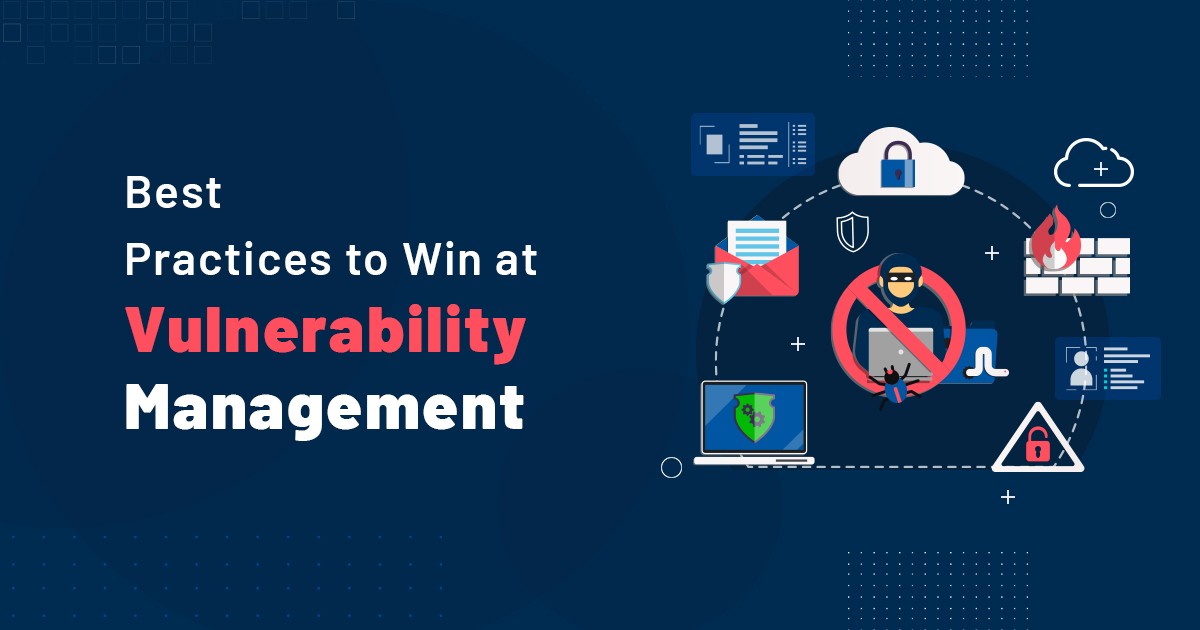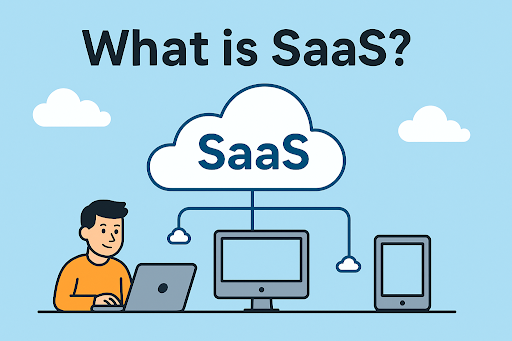Difference Between Endpoint Security And Antivirus
Updated on October 11, 2022, by Xcitium

Endpoint security or Endpoint protection software are specially designed for corporate clients to protect all their endpoints like servers, desktops, laptops, smartphones and other IoT devices from cyber attacks.
Endpoint security serves as a useful methodology for identifying cyber threats and also to secure the vulnerable endpoints in the corporate network. Endpoint security guards a corporate network by blocking access attempts and other malicious activities at their endpoints.
With practices like (Bring Your Own Device) BYOD and ever-increasing incidences of mobile threats, endpoint security has become crucial for the corporate world. Nowadays, employees connect to company networks using their laptops and mobile devices, from the comfort of their homes and also while on the move.
A standalone security solution (Antivirus) won’t be sufficient in this scenario since the security perimeters tend to be undefinable and ever-changing. This is where Endpoint security comes into play by providing centralized security measures with additional layers of protection at endpoints.
Most of the Endpoint security software includes antimalware, antivirus, and firewall along with a Host Intrusion Prevention System (HIPS) software package that prevents malware attacks by examining and sandboxing suspicious apps and processes. Endpoint security helps IT admins to maintain greater control over all endpoints and also helps block threats effectively.
Endpoint Security Vs Antivirus Software
Endpoint security software is fundamentally different from the antivirus software. Unlike the Antivirus protection wherein an individual device gets protected, endpoint security software protects the entire network as a whole including the endpoints (devices used to access the network). Beyond this, the endpoint security software is also responsible for its self-security.
Applications Of Endpoint Security
Every endpoint in a network stands as a potential “entry point” for security threats. Every device (laptops, desktops, tablets, or smartphones, etc.) that is connected to the network carries the risk of becoming a cyber criminal’s unsolicited entry point. Endpoints are always at a constant risk of falling prey to malware that leaks sensitive data from the network.
Further, with trends like BYOD (Bring Your Own Device) becoming almost a corporate mandate, such risks have become even more intense. Endpoint security not only serves as a centralized security solution but also offers added protection in the form of endpoint monitoring to keep malicious activities at bay.
Thus, for obvious reasons, Endpoint security has found a safe place in the IT sector and wherever IT security is of importance. It has the power to run suspicious and unrecognized application within a contained environment. It helps in advanced and customized URL filtering as well as cloud-based scrutiny of files and file reputation.
Application of endpoint security also keeps malware intrusion in check via a comprehensive behavior analysis covering all processes and sieving out the good from the bad. Therefore, in a world frenzied by the Internet of Things, this technology has caught the attention of users who wish to leverage the web without compromising on security.
If you are in search of a good endpoint security software, choose Xcitium Advance Endpoint Protection. It is a complete endpoint protection platform comprising multiple security technologies, like the anti-virus, HIPS, web filtering, personal firewall, white/blacklisting, application control, device control, Secure Auto-Containment, etc.



 (3 votes, average: 3.67 out of 5, rated)
(3 votes, average: 3.67 out of 5, rated)










